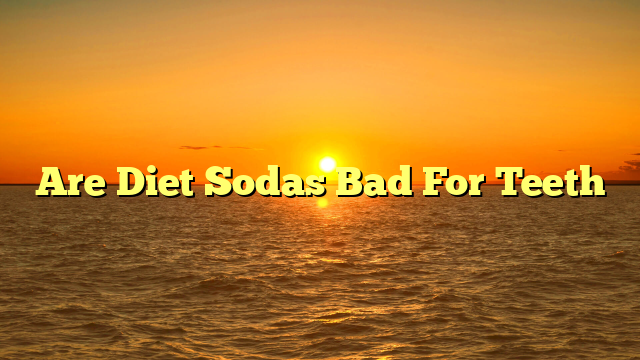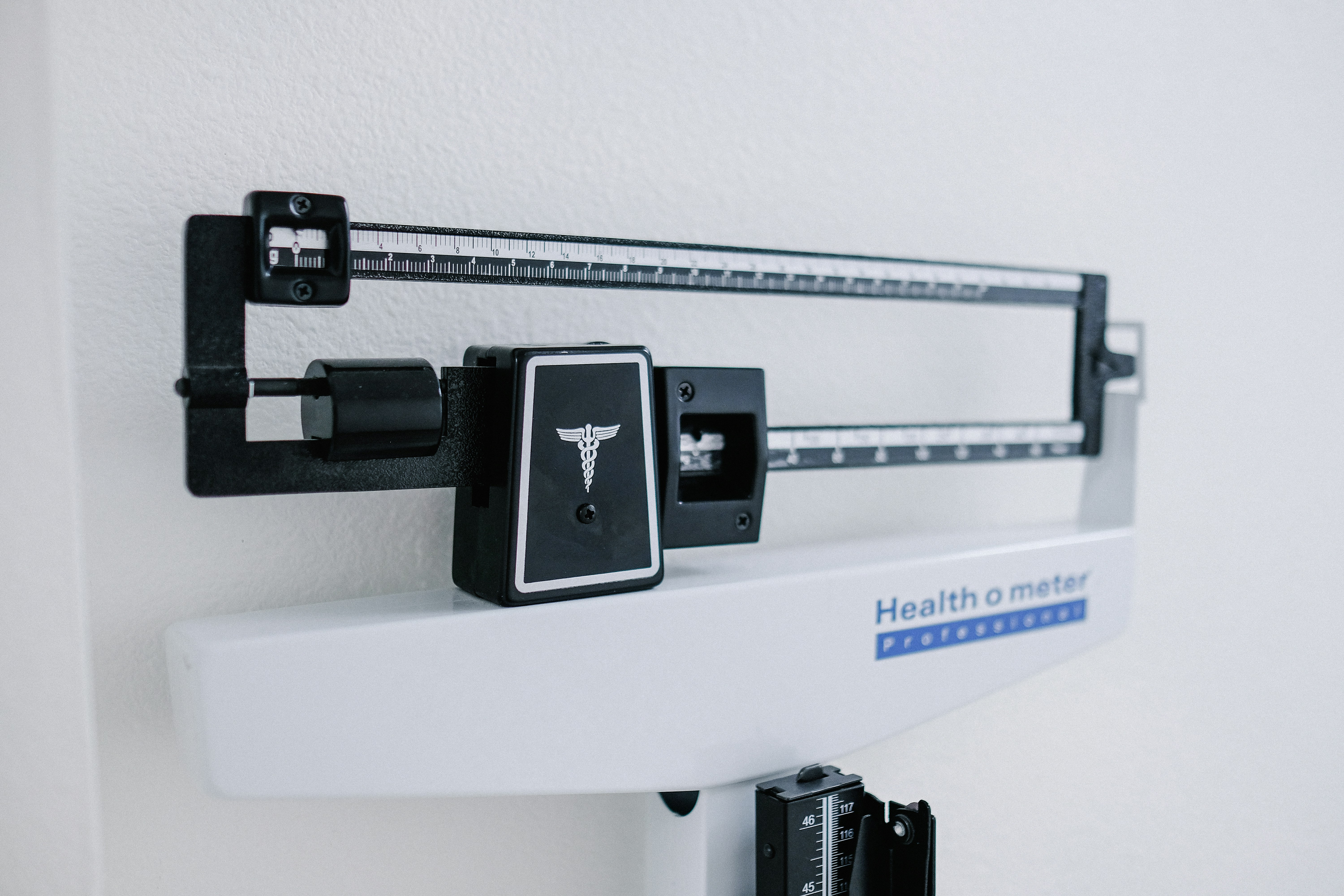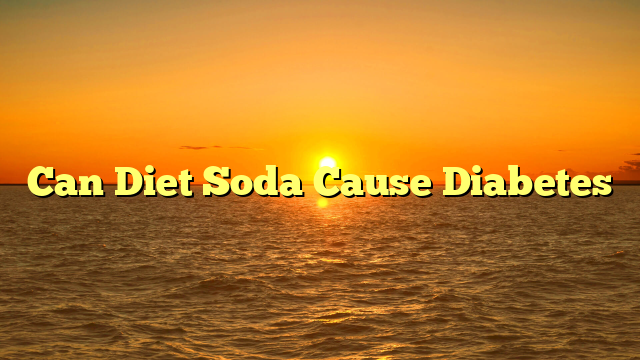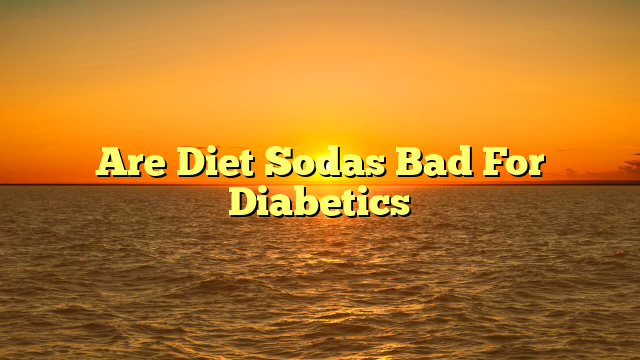Are Diet Sodas Bad For Teeth
Are you a fan of diet sodas but worried about the impact they may have on your teeth? In this article, we explore whether diet sodas are truly bad for your dental health. With an aim to provide you with valuable information to make informed choices, we delve into the potential effects of diet sodas on your teeth and offer tips on how to minimize any potential damage. So, if you’re curious about the impact of these popular beverages on your oral health, read on to learn more.
The Effects of Diet Sodas on Dental Health
While diet sodas may seem like a healthier alternative to regular sodas due to their lack of sugar and calories, they can still have a negative impact on your dental health. This article will explore the various ways in which diet sodas can affect your teeth, including their acidic nature, increased risk of tooth erosion, the role of artificial sweeteners in dental decay, and the potential for tooth sensitivity.
Acidic Nature of Diet Sodas
One of the primary concerns when it comes to diet sodas and dental health is their acidity. Diet sodas are highly acidic, often containing high levels of phosphoric acid and citric acid, which give the soda its tart flavor. When you consume these acidic beverages, they can erode the enamel on your teeth, leading to enamel erosion and other dental issues.
Increased Risk of Tooth Erosion
Enamel erosion is a major concern when it comes to diet sodas. The acid in these beverages can wear away the protective layer of enamel on your teeth, leaving them more vulnerable to decay and damage. Over time, this erosion can cause tooth sensitivity, increased risk of cavities, and discoloration of the teeth.
Artificial Sweeteners and Dental Decay
While diet sodas may be sugar-free, they often contain artificial sweeteners like aspartame or sucralose. These sweeteners are used to provide a sweet taste without the added calories. However, research suggests that these artificial sweeteners can still contribute to dental decay. The bacteria in your mouth can feed on the sweeteners and produce acids, which can lead to cavities and tooth decay.
Tooth Sensitivity and Diet Sodas
Another potential dental health concern associated with diet sodas is tooth sensitivity. The acidity of these beverages can wear away the protective layer of enamel, exposing the underlying dentin. This can lead to increased sensitivity to hot or cold foods and beverages, causing discomfort and pain. It is essential to be aware of this potential side effect when consuming diet sodas regularly.
Potential Dental Health Concerns
Enamel Erosion
Enamel erosion is a significant concern when it comes to diet sodas. The acidic content in these beverages can erode the protective layer of enamel, leaving the teeth more susceptible to decay, cavities, and other dental issues.
Cavity Formation
The acidic nature of diet sodas, combined with the presence of artificial sweeteners, can increase the risk of cavity formation. The bacteria in your mouth can utilize the sweeteners and produce acids, which can eat away at the enamel and create cavities.
Tooth Sensitivity
As mentioned earlier, the acidic nature of diet sodas can lead to tooth sensitivity. When the enamel is eroded, the underlying dentin is exposed, making the teeth more sensitive to hot or cold stimuli. This can cause discomfort and pain while consuming certain foods or beverages.
Discoloration of Teeth
Diet sodas, especially dark-colored varieties, can contribute to the discoloration of teeth. The acidic content and artificial additives can stain the tooth enamel over time, leading to a dull or yellow appearance. Regular consumption of diet sodas can exacerbate this discoloration and affect the overall aesthetics of your smile.
Diet Sodas vs. Regular Sodas
Acid Content Comparison
When comparing diet sodas to regular sodas, the acid content is a significant differentiating factor. Diet sodas, being artificial beverages, tend to have higher levels of phosphoric acid and citric acid to provide the desired flavor. Regular sodas may also contain these acids, but their sugar content can help balance out the acidity to some extent.
Sugar Content Comparison
One of the main reasons people choose diet sodas is to reduce their sugar intake. Regular sodas contain high amounts of added sugars, which can contribute to tooth decay and other health issues. Diet sodas, on the other hand, use artificial sweeteners to provide a sweet taste without the added calories. While this may be better for overall health, the impact on dental health can still be negative due to the presence of artificial sweeteners.
Effects on Dental Health Comparison
In terms of dental health, both diet sodas and regular sodas have their drawbacks. While regular sodas can contribute to tooth decay due to their high sugar content, diet sodas can lead to enamel erosion and other dental issues due to their acidic nature and artificial sweeteners. It is essential to make informed choices and consider the overall impact on dental health when consuming either type of soda.
Other Factors Influencing Dental Health
Overall Diet and Dental Health
While the focus of this article is on the effects of diet sodas, it is crucial to emphasize that overall diet plays a significant role in dental health. Consuming a balanced diet that is rich in nutrients can help support strong teeth and gums. Limiting the intake of sugary and acidic foods and beverages, including both diet sodas and regular sodas, can contribute to better oral health.
Hydration and Saliva Production
Proper hydration is essential for maintaining good dental health. Drinking water throughout the day helps stimulate saliva production, which plays a significant role in rinsing away food particles and neutralizing acids in the mouth. Opting for water as the primary beverage of choice can have positive effects on dental health and reduce the potential harm caused by sodas, including diet sodas.
Toothbrushing Habits
Establishing and maintaining a consistent oral hygiene routine is crucial for preserving dental health. Brushing your teeth twice a day with fluoride toothpaste and using a soft-bristled toothbrush can help remove plaque and bacteria, reducing the risk of tooth decay and other oral health issues. It is recommended to wait at least 30 minutes after consuming acidic beverages like diet sodas before brushing your teeth to avoid further damage to the enamel.
Preventive Measures for Dental Health
Limiting Diet Soda Consumption
One of the most effective ways to minimize the potential harm of diet sodas on dental health is to limit their consumption. While it may be tempting to reach for a diet soda as a refreshing beverage, opting for water or other healthier alternatives can benefit your teeth in the long run. If you do choose to enjoy a diet soda occasionally, it is essential to do so in moderation.
Rinsing Mouth after Consuming Diet Soda
To help mitigate the effects of diet sodas on your teeth, it is advisable to rinse your mouth thoroughly with water after consuming them. This can help dilute the acids and flush away any residue, reducing the amount of time the acids are in contact with your teeth.
Maintaining Oral Hygiene
Maintaining good oral hygiene practices is crucial for overall dental health, regardless of your beverage choices. Regularly brushing and flossing your teeth, using mouthwash, and cleaning your tongue can help prevent plaque buildup and maintain healthy teeth and gums. Consistency and proper technique are key to achieving optimal oral hygiene.
Regular Dental Check-ups
Lastly, scheduling regular dental check-ups with your dentist is essential for identifying and addressing any potential dental issues. Your dentist can monitor the condition of your teeth, identify early signs of enamel erosion or decay, and provide appropriate treatment or preventive measures. Regular cleanings and professional dental care can go a long way in preserving your dental health.
In conclusion, while diet sodas may be perceived as a healthier alternative to regular sodas, they can still have negative effects on your dental health. The acidic nature of diet sodas, combined with the presence of artificial sweeteners, can lead to enamel erosion, cavity formation, tooth sensitivity, and discoloration of teeth. Comparing diet sodas to regular sodas, the acid content and the sugar content differ, but both can have detrimental effects on dental health. Other factors such as overall diet, hydration, saliva production, and toothbrushing habits also play significant roles in maintaining good dental health. By limiting diet soda consumption, rinsing your mouth after consuming them, maintaining proper oral hygiene, and regularly visiting your dentist, you can take preventive measures to safeguard your dental health and enjoy a happy smile.










